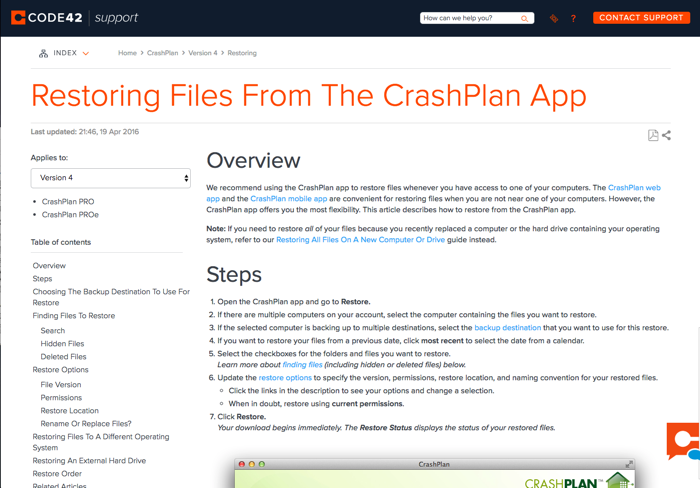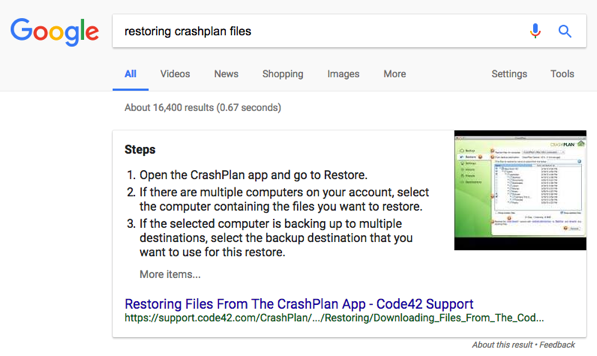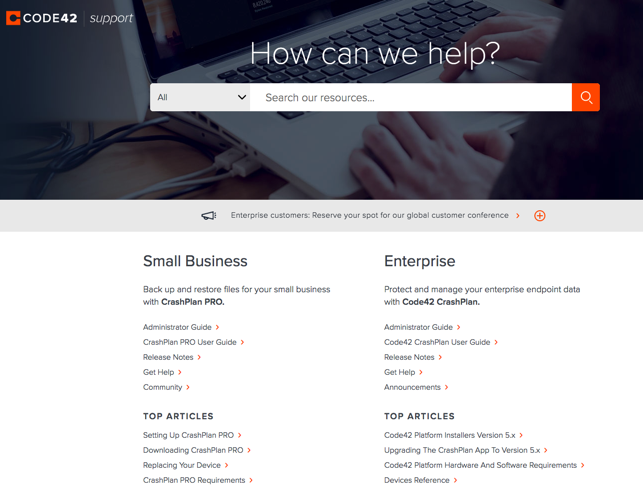Knowledge Base Software
- Role required:
- N/A
Sometimes written as knowledgebase, a KB promotes the collection, organization, and retrieval of knowledge, which is commonly organized around topics or products. KB content can be accessed by internal users, customers, or a mix of both depending on how KB permissions are set up.
A KB can be a standalone repository, but is usually integrated into software such as a Knowledge Management System (KMS), Content Management System (CMS), or Customer Relationship Management (CRM) software.
Knowledge base goals
- Create a single source of truth, instead of dated or conflicting versions of information in different silos
- Increase productivity and efficiency by providing quick access to needed information
- Reduce support costs by capturing knowledge and resolutions for use by agents and customers
- Increase customer satisfaction because most users prefer self-service
- Capture data to inform priorities and product improvements that will impact the most users
Expert knowledge base benefits
The best knowledge base software includes all the functionality of a traditional knowledge base with enhancements that make it a comprehensive knowledge management solution.
- Capture
- Experience
- Personalization
- Health
-
- Scalability
Capture
A knowledge base is only effective if relevant information is easily captured and published. Simple templates with an intuitive authoring experience enable more contributors to capture more knowledge.
Organize with subheadings and ordered lists so information is scannable and easy to follow. Include visuals or other media where valuable.

Experience
Customers will only use your knowledge base for self-service if it offers a low effort experience that prioritizes performance and accessibility. Google also strives to serve the most efficient answers, which includes speed and information architecture in ranking factors.
Traditional knowledge base tools largely began as internal or employee-facing systems. CXone Mpower Expert is engineered for an optimal customer self-service experience to ensure content is available to those who need it, whenever they need it.
Technical user experience aspects include:
- Uptime of 99.5% uptime or better
- Instant content publishing for access and search indexing
- Mobile first and responsive design
- Search engine optimization (SEO) so users can easily find your content on Google
- Automatic contextual navigation and recommended articles


Personalization
Organizations need to control who can contribute and publish content and they also need to control who can see content that is already available. This could be as simple as restricting certain content to public or internal audiences. However, these permissions can get quite granular depending on the KM solution and use case.
Leverage personalization and permission features in a knowledge base to control access at the site level, to various sections of a site, to specific pages, or even to specific sections within a page. Personalization via permissions can protect proprietary information and increase efficiency for internal and external users by only serving relevant content.
Health
A healthy knowledge base contains user focused effective content that is delivered without friction.
- Identify unused or dated content that should be updated or archived. The Expert Content Aging report shows the average time since last edit to find pages that have remained static for longer than usual.
- Sort by page view count for insight if an article is especially popular. Rarely viewed content may not be useful or findable.
- Sort by page rating to determine if specific content is creating a positive or negative experience. Learn more about Article Ratings.
- Ensure content is available wherever your users are and uses their words. Leverage features to optimize content for search.
Extensibility
When starting the procurement process, most organizations have an existing list of third-party solutions that they need the KM solution to plug into. These include mobile and web apps, chatbots, and in-product experiences. The most important thing to consider is the customers using those channels. Customers do not care how it works, only if it works.
Expert also offers the ability to extend your authoritative content from within your knowledge base through Touchpoints across all channels where you engage with your consumers. This includes your primary marketing website, e-commerce, communities, etc.
Scalability
The extent to which a knowledge base can accommodate large volumes of content across multiple sites and languages will vary from solution to solution. Some solutions, such as traditional KBs bundled into CRMs, have limitations to the amount of content that can be stored in the database. Others charge for licensing new users, which can be cost-prohibitive for large organizations. Other scalability factors, such as load times, are directly affected.
When solutions run into scalability issues, such as storage limitations, extra user costs, and slow page speeds, the user experience is degraded. Scalability can also affect deployment time, especially for large organizations with a large number of sites and language requirements.
Expert performance does not degrade with large volumes of content. Consumers can access more relevant and accurate knowledge because it can all be drafted, reviewed, and published efficiently in one platform.

